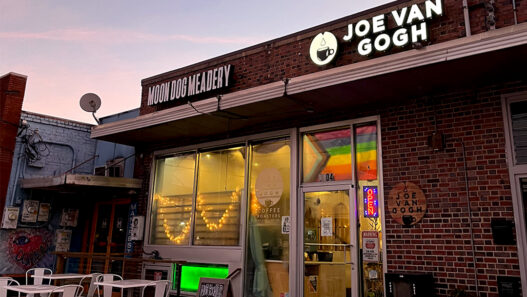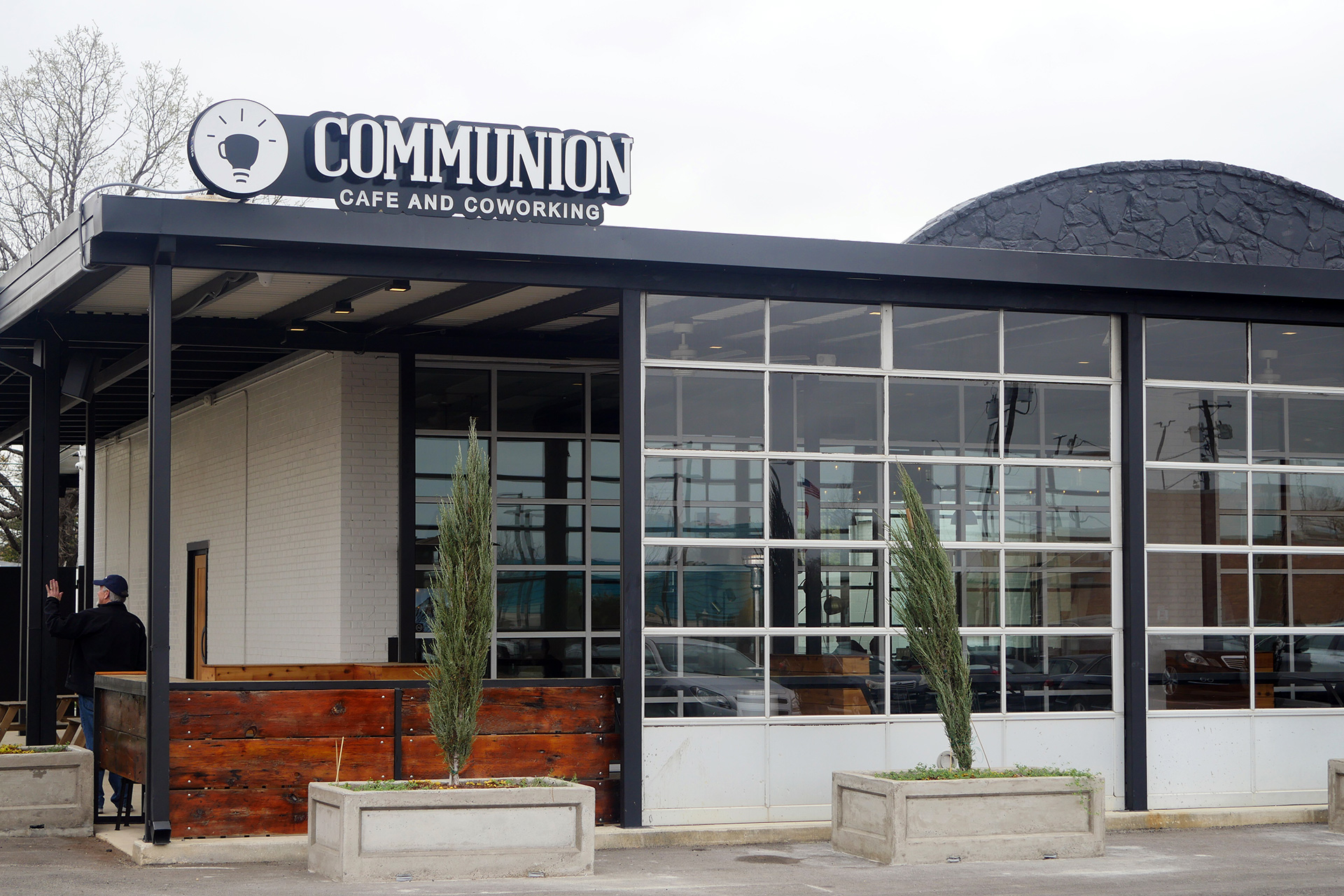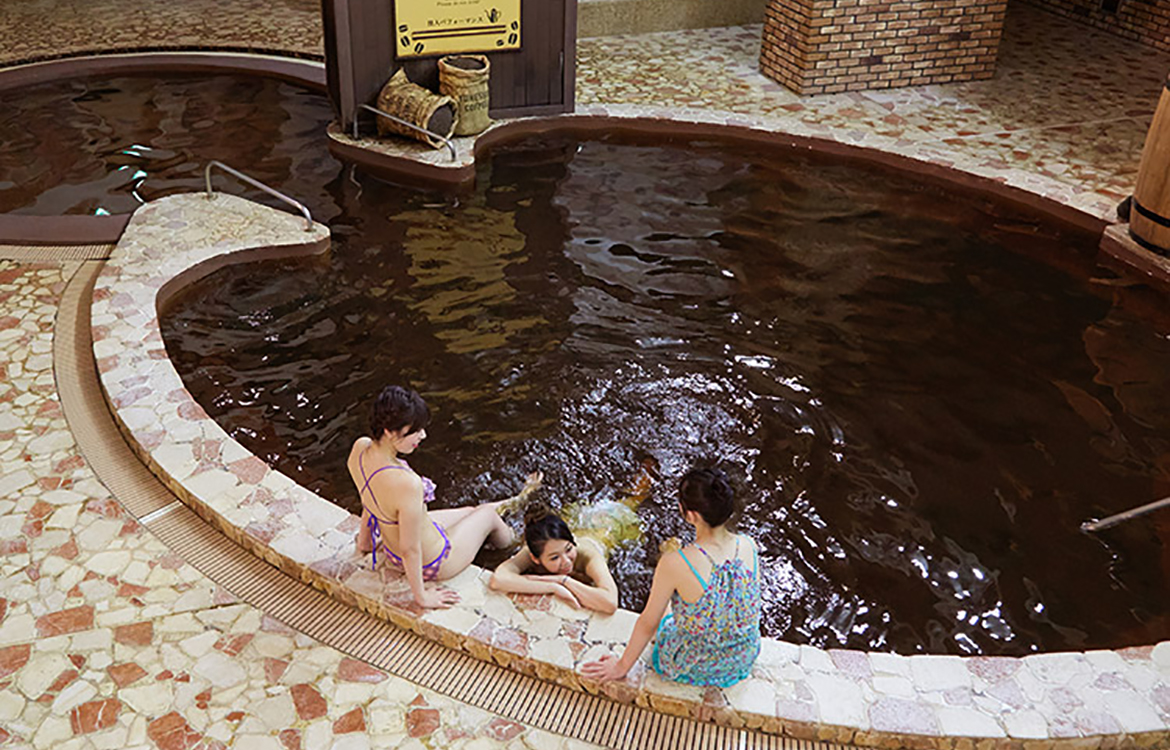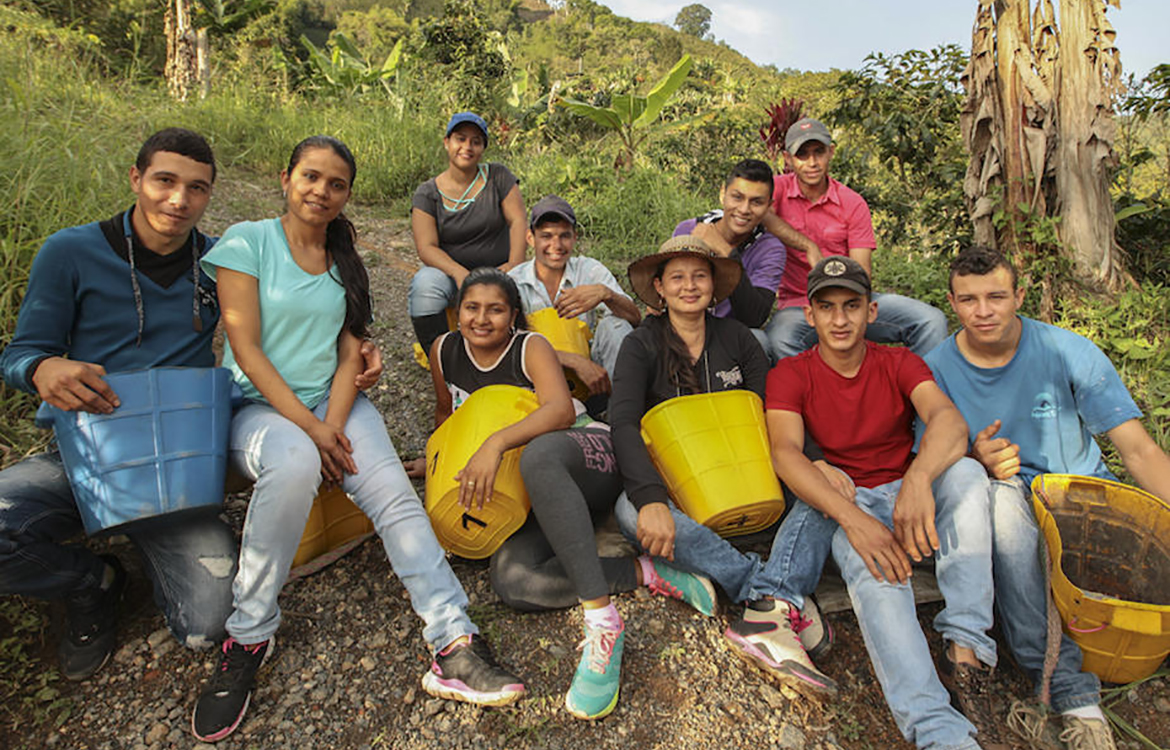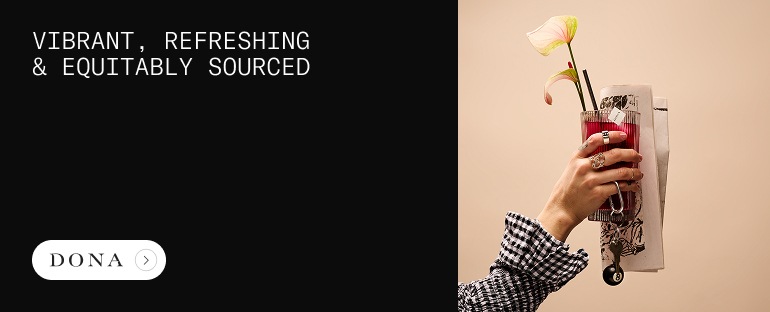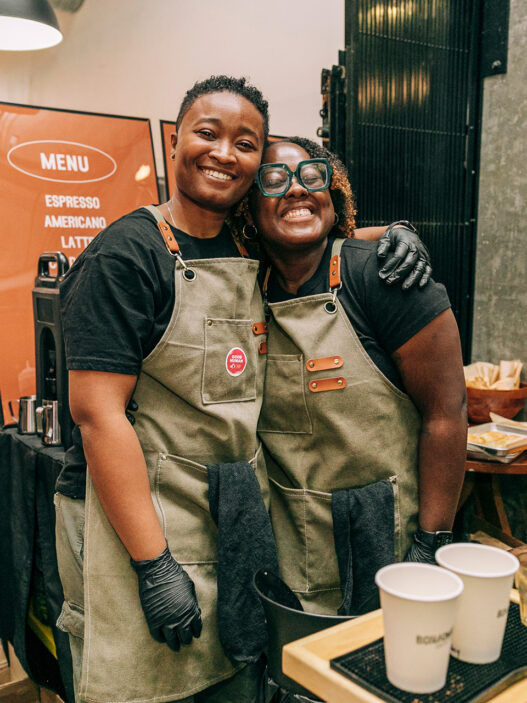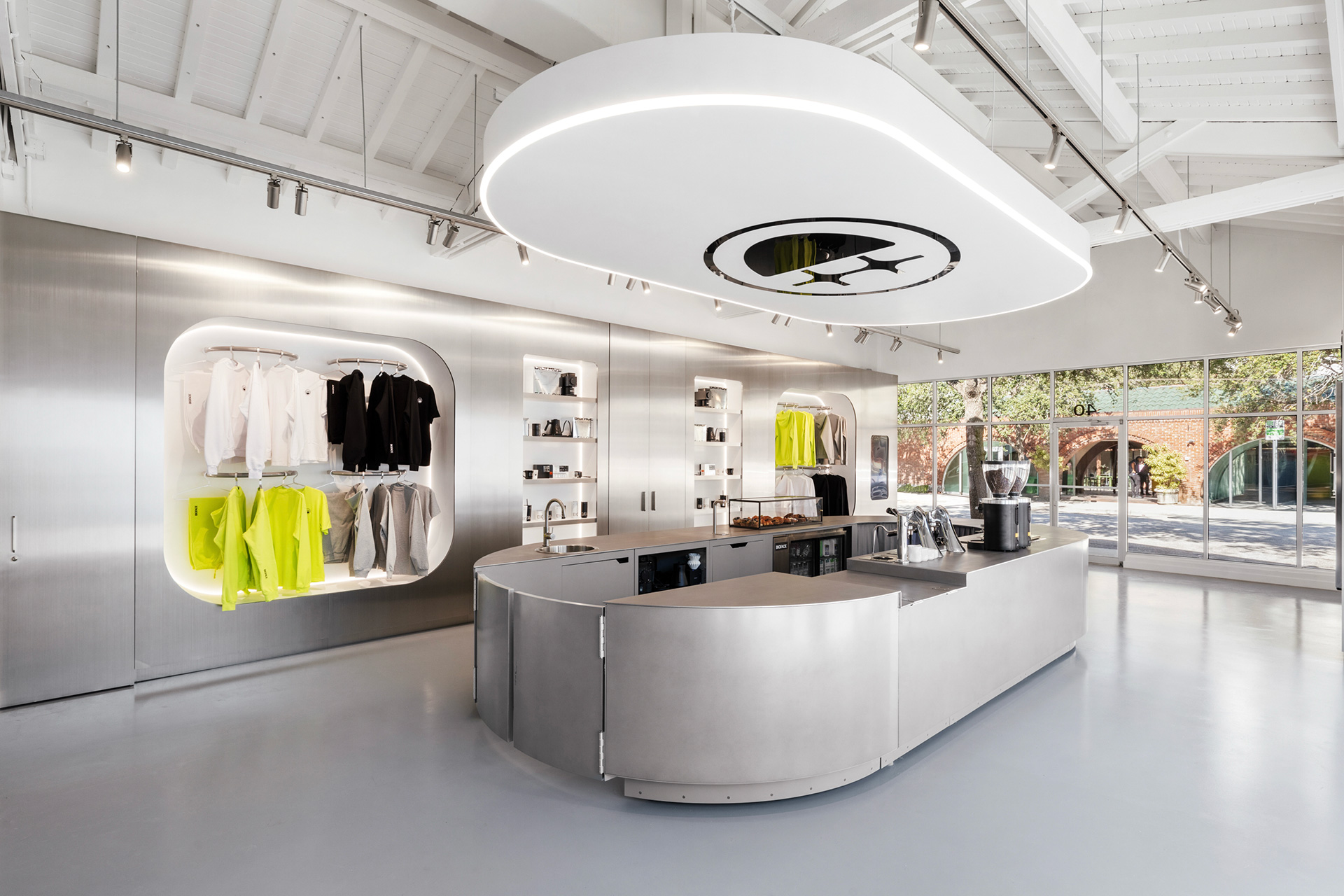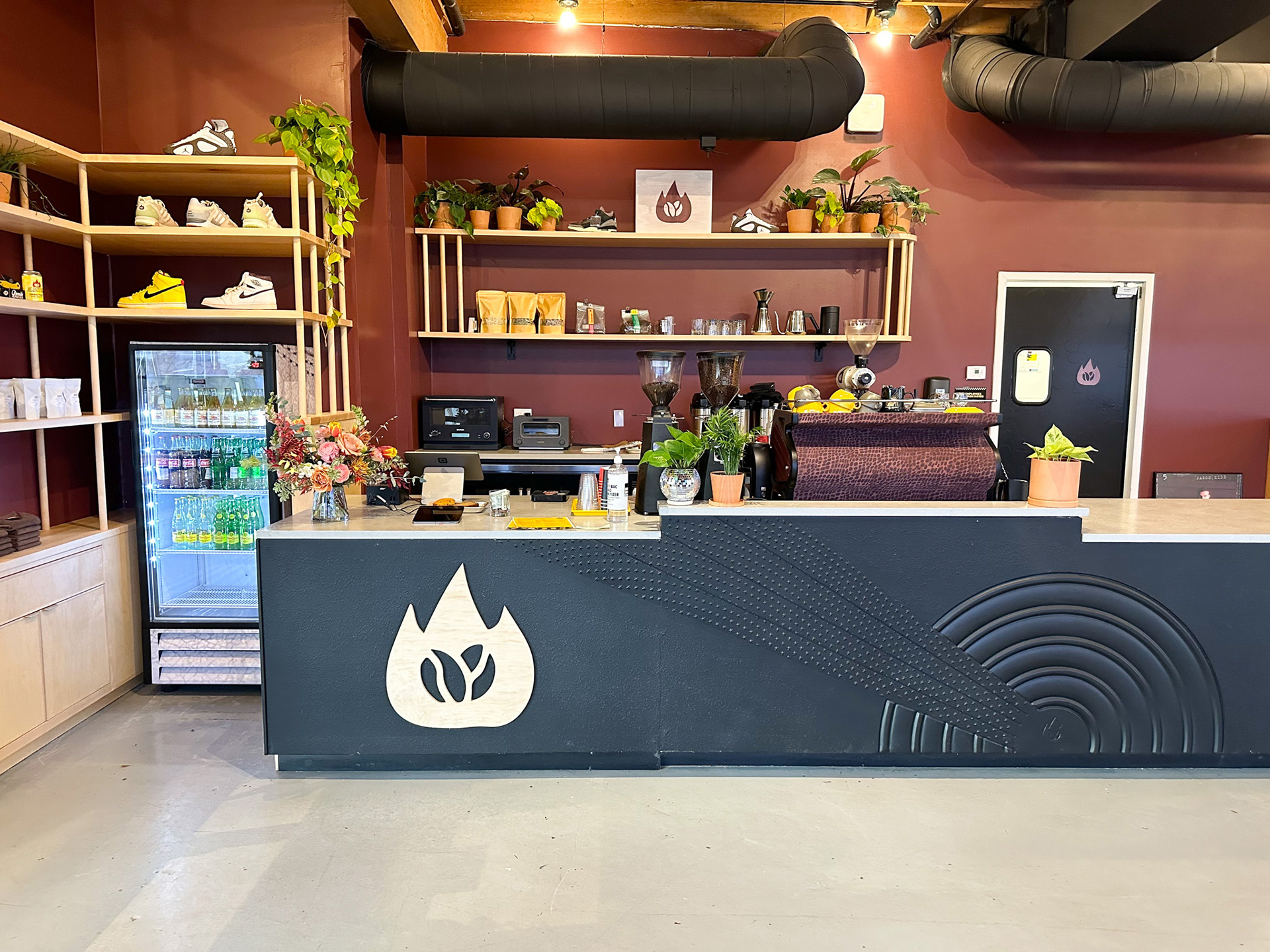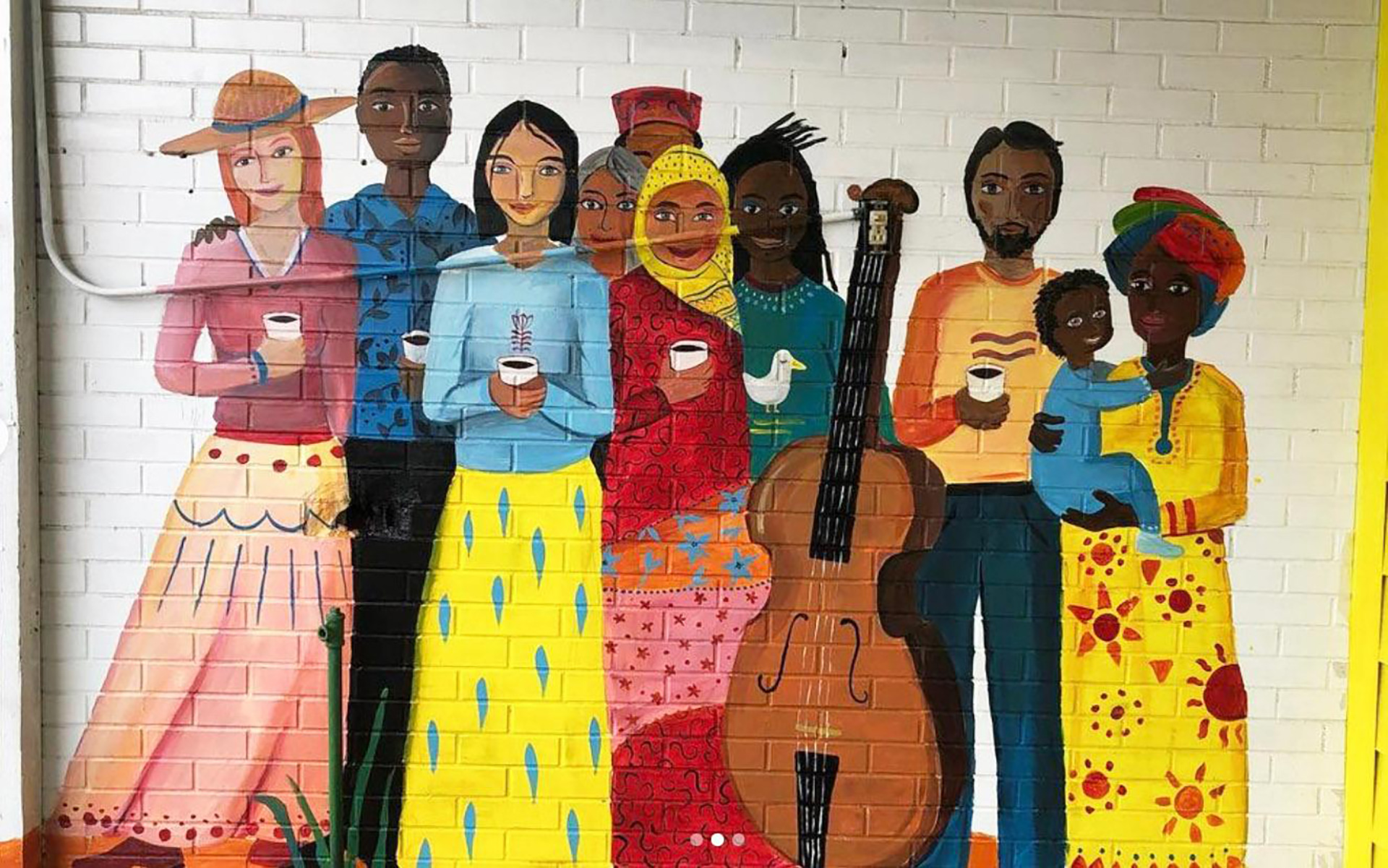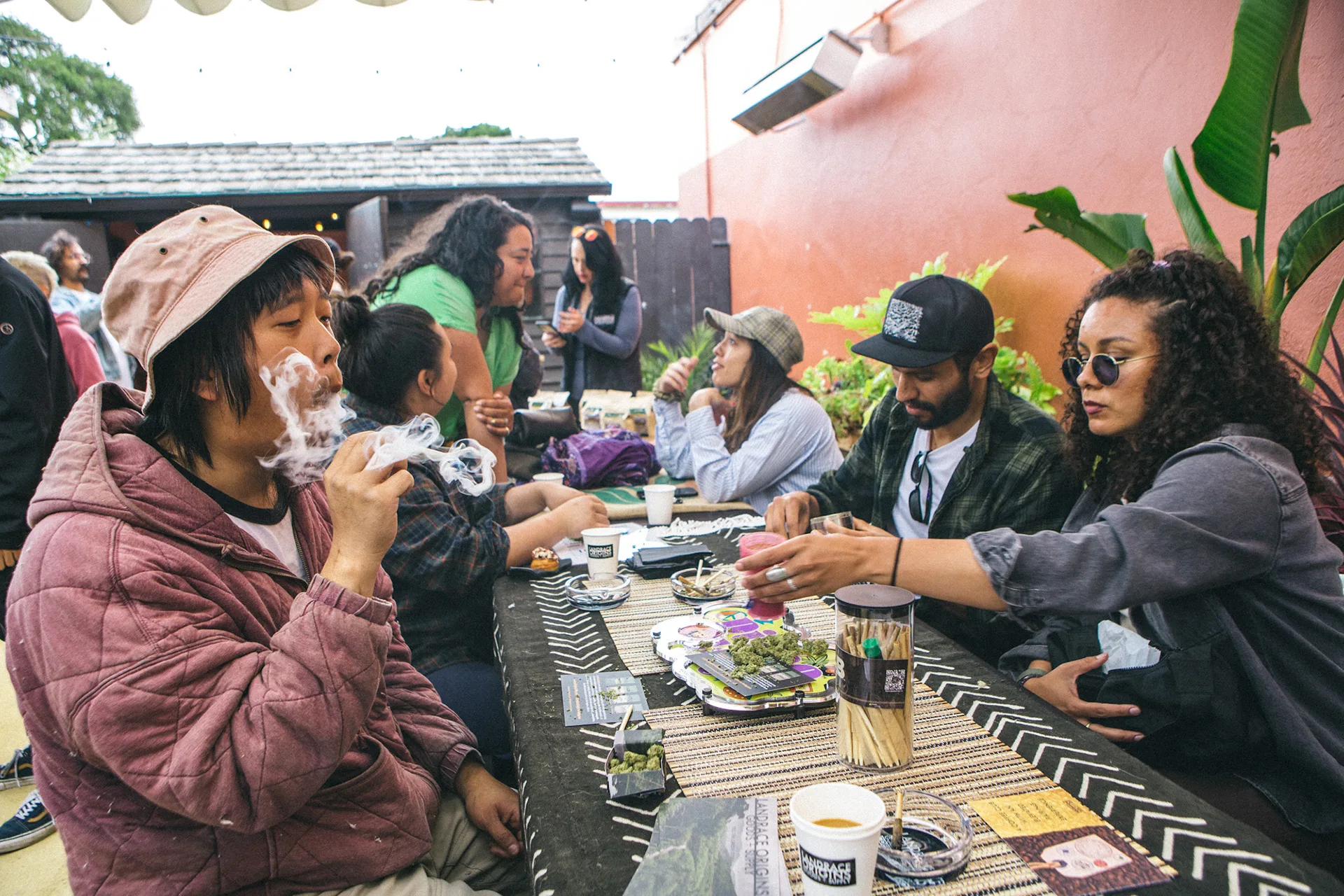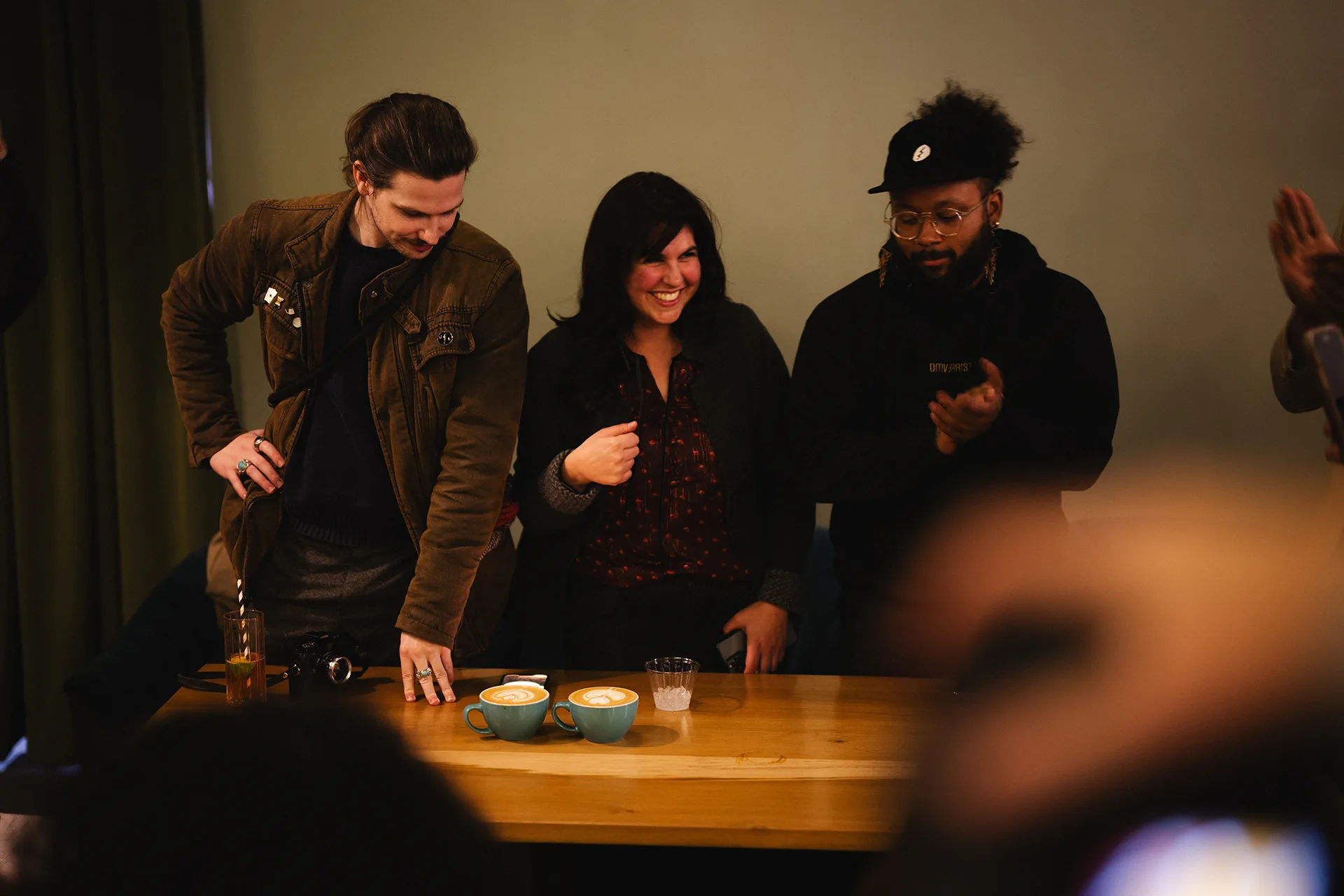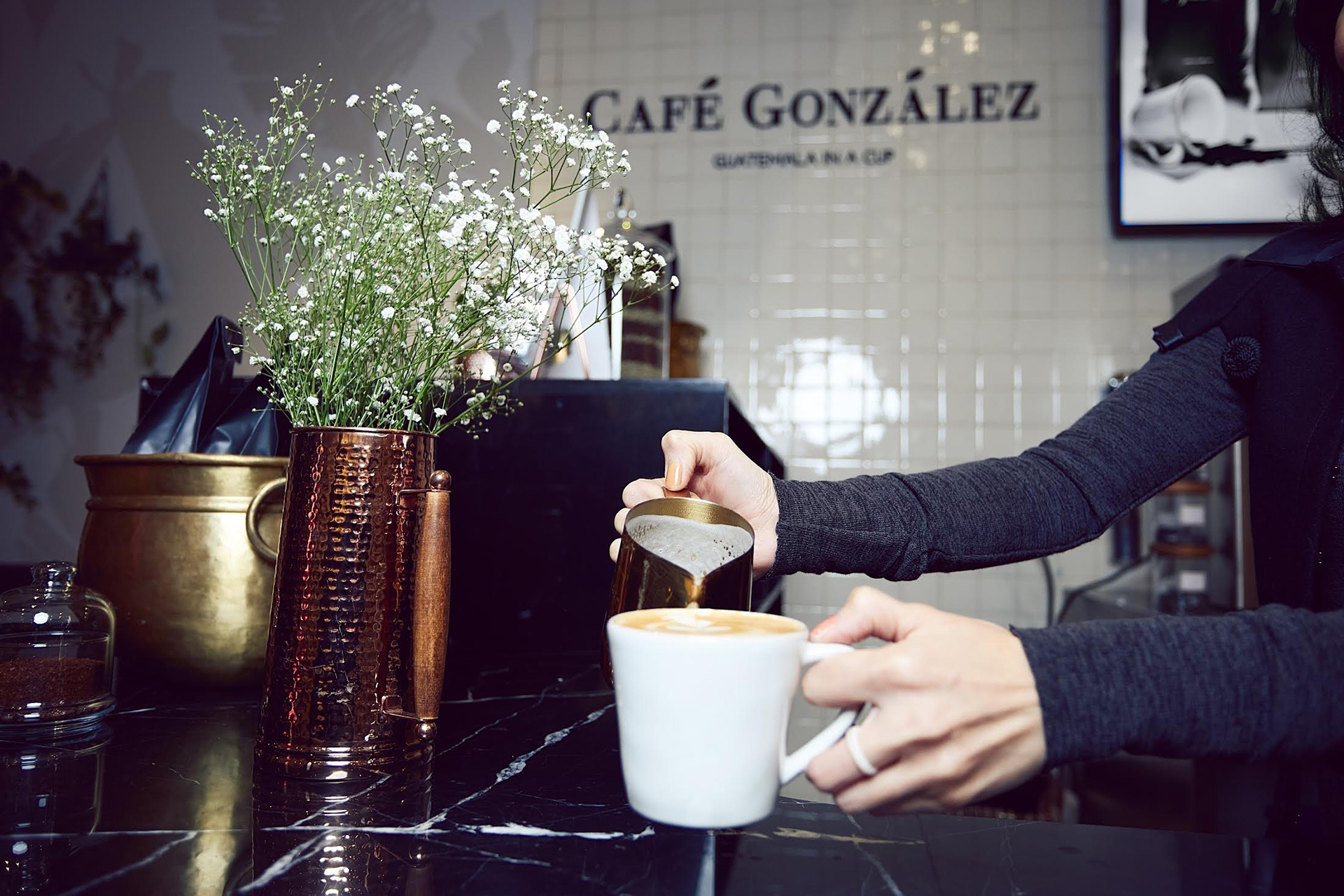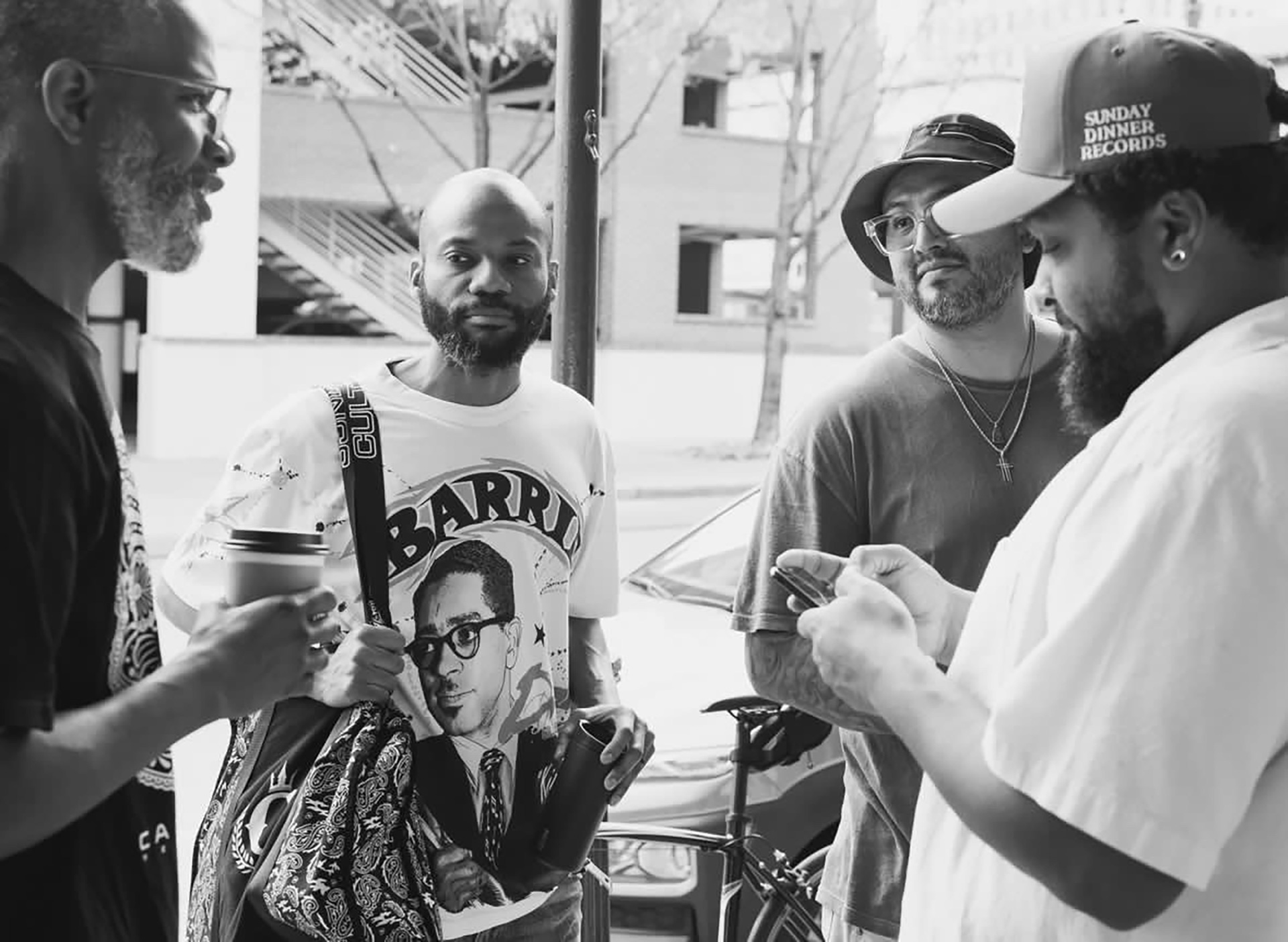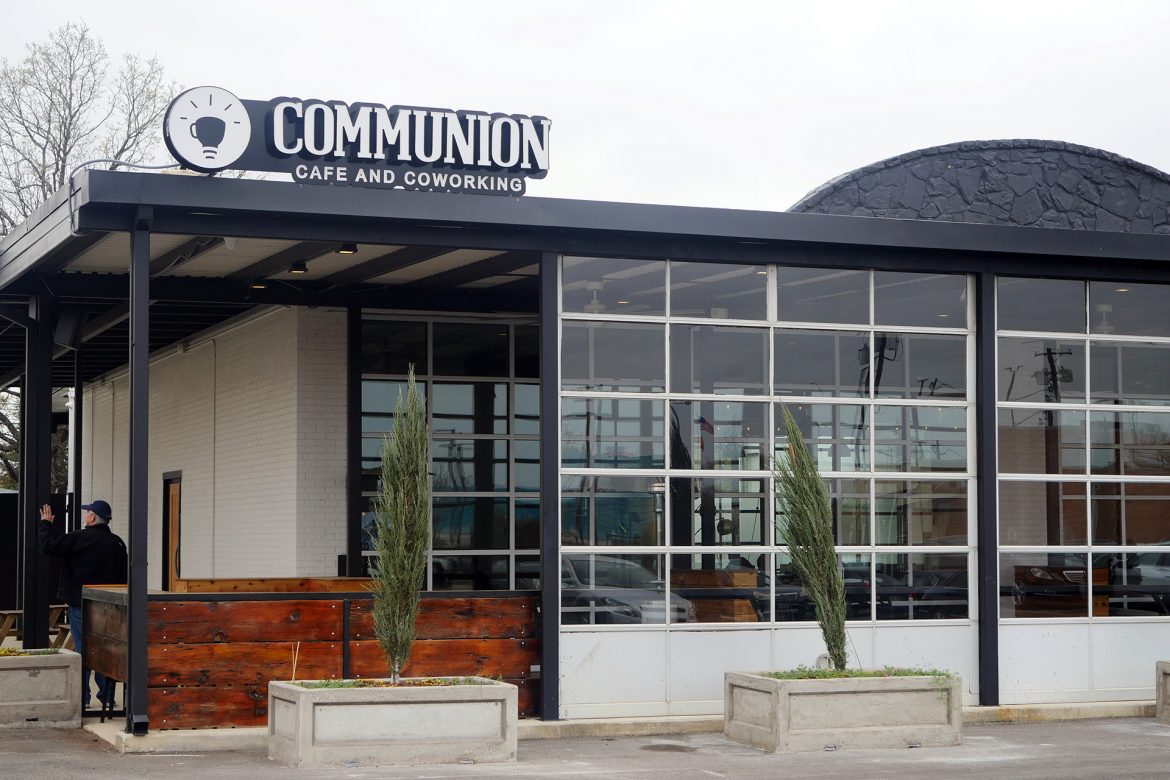
In the futile battle against getting older, there is one defining moment from which there is no return, the final imbroglio: “do I try to stick it out in the city or accept my fate and move to the suburbs?” The schism is an ideological one; the thinking being that the city is full of life and culture, and the suburbs are boring—a place where folks go to bed early. A place dotted with chain restaurants. The same chain restaurants. Over and over. In Dallas, this has historically held true, but as with most cities still growing outward, the ideological divide no longer tracks one-for-one with city/suburb limits.
One such municipality having a bit of moment in that blurred space is Richardson, a Dallas suburb just a quick jaunt north up I-75. It has, for as long as I can remember, been where Dallasites go for really good dim sum, all manner of Mediterranean fare, and northern Indian food. It has never, historically, been a place to go for coffee. But that is changing, thanks to Communion Neighborhood Cooperative. Part co-working space, part coffee shop, part bar, part restaurant, Communion is Richardson’s place for all that is good (and also to work).
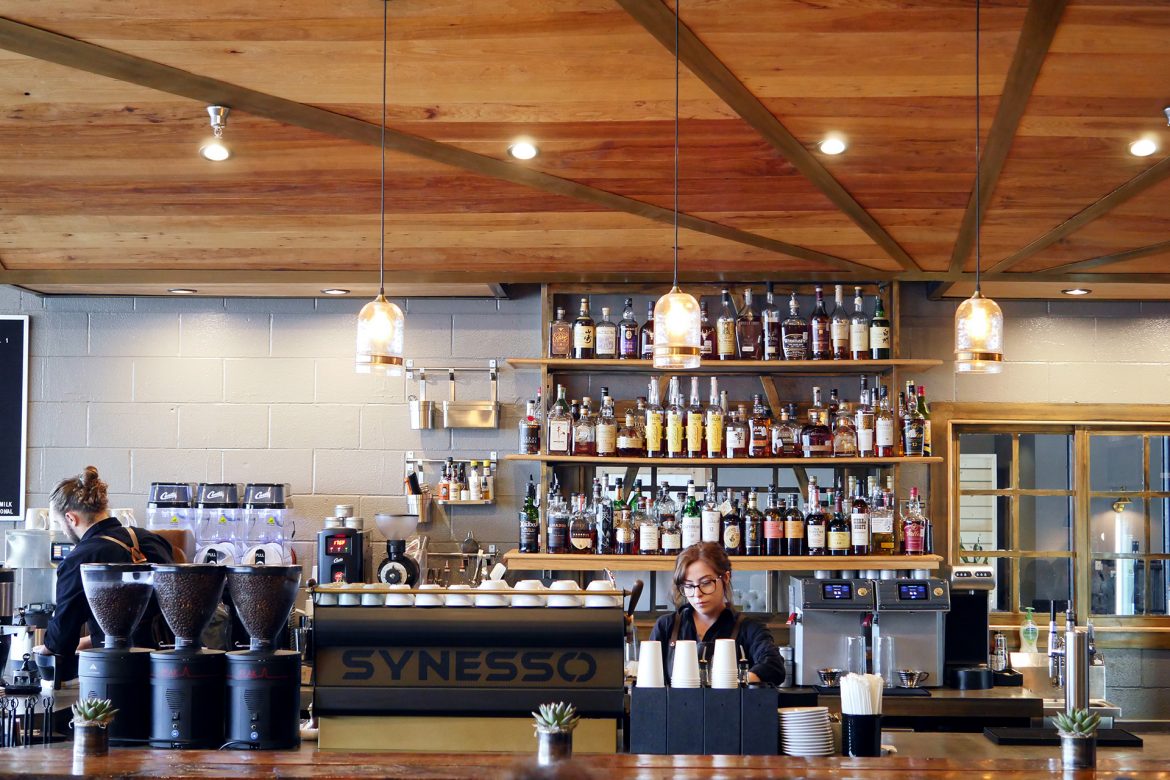
Communion is a collaborative effort between Tim Kahle (the founder and managing director of Communion Cooperative, the co-working side of the business) and Tim Cox and Kyle McAdams (the co-owners of the cafe side). Cox and McAdams are lifers in the Dallas coffee scene; four years ago when it looked like the coffee scene was just about to explode—Method had just opened, Houndstooth was about to move to Dallas, and Cultivar was opening its second location—Cox was heir apparent as the most likely (and arguably most anticipated) barista to open their own shop. But despite some of my more grandiose claims about Dallas besting Austin for state coffee supremacy, that boom never happened, and neither did Cox’s shop. Until now.
In the 7,000-square-foot former automotive shop in which Communion now resides, co-working and cafe life are kept discrete. This gives Communion the opportunity to serve not just those taking advantage of the 5,000-square-foot, members-only co-working area, but the public at large. It is through this division, Cox says, that allows Communion works its greater goal: building community. “We want to create an environment of shared ideas and shared experiences. We serve coffee, food, cocktails, we have a co-working community, we are an event venue—and we strive to do all of those things really well—but those things are not our product,” Cox states. “They are the tools we use to create what we feel our real products to be: community, experience, and culture.”
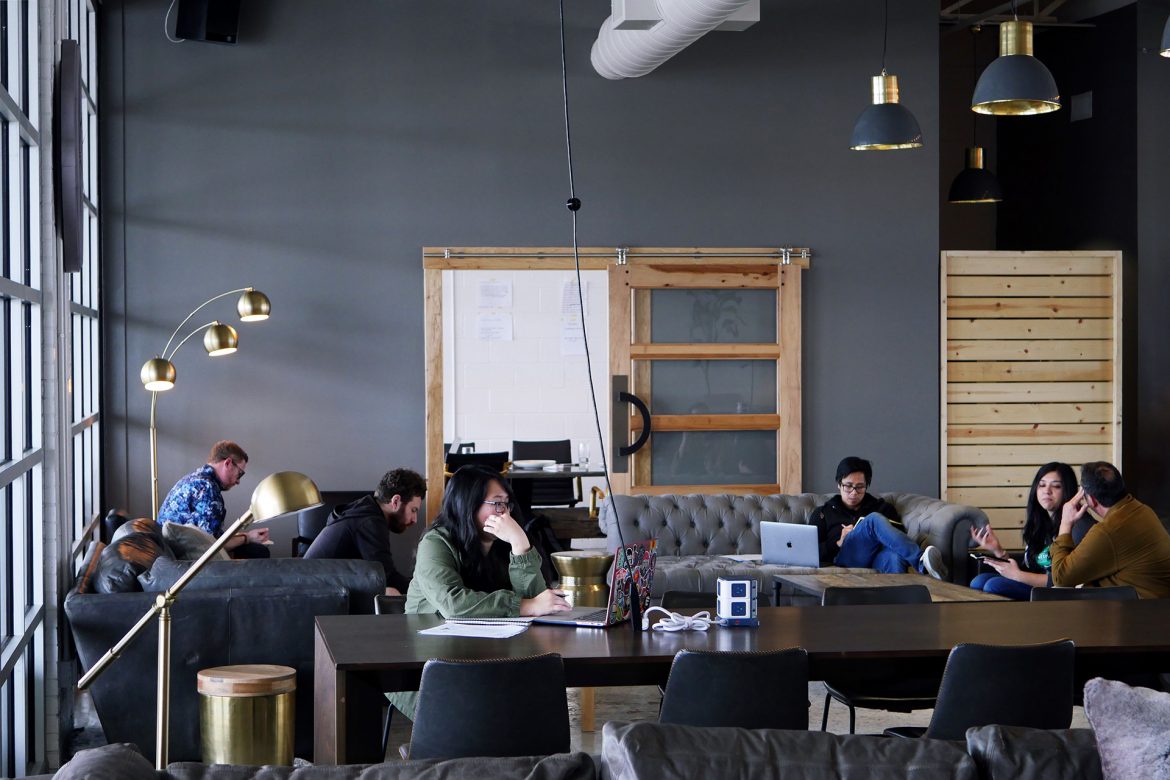
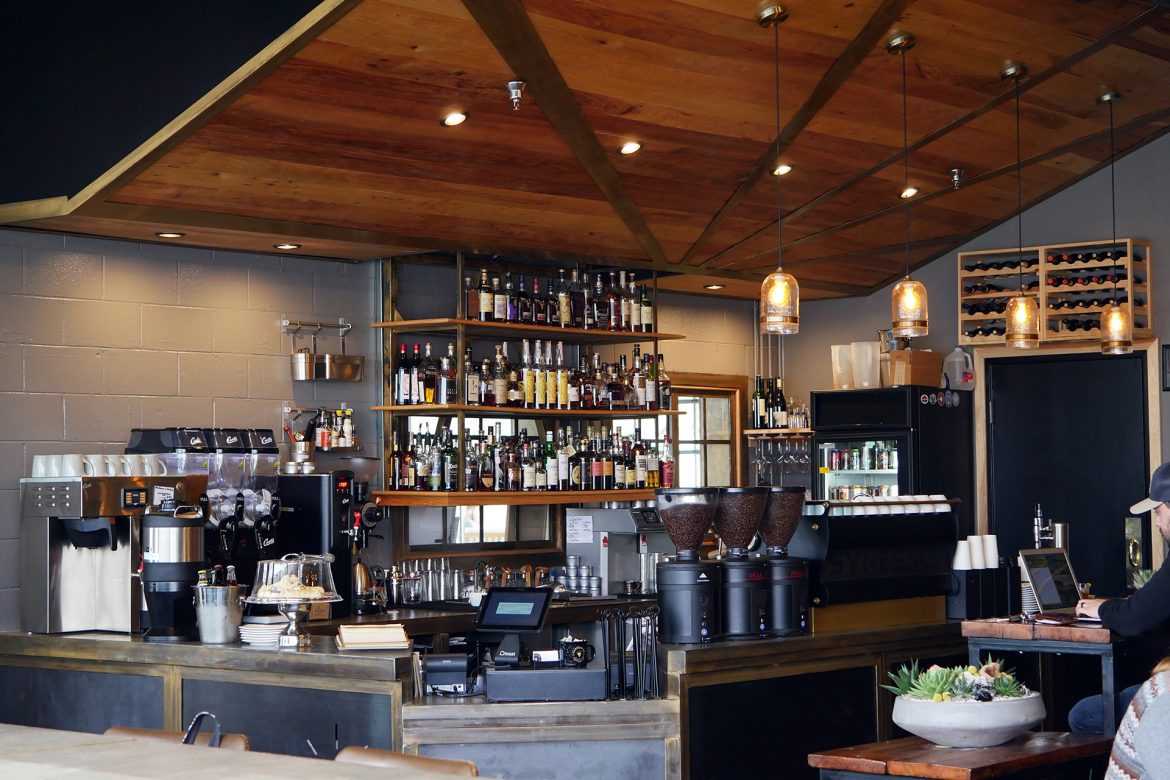
Cox and McAdams are on the front lines of this mission with the cafe side, where the majority of folks have their first exposure to what Communion is all about. Amid glossy, warm wood tones, roll-up windows, and mid-century modern-esque patinated brass, the cozy vibe inside Communion belies what is one of the most progressive (and in my opinion, best) coffee programs in the entire city. A multi-roaster, the Richardson cafe always has three roasters on offer—one local, one from Texas, and one from beyond—each for a three-month stint. In those three months, each roaster will spend a month on espresso, pour-over, and batch brew. This, according to McAdams, allows customers to try every roaster, “whether they are adventurous and enjoy all forms of coffee preparation or if they prefer to stick to one style of brew.”
And Communion actively seeks out new and exciting roasters to carry. In just their second rotation, they have already featured Sey, Maquína, and Houston’s Xela Coffee Roasters, each making their first Metroplex appearance on Communion’s concrete countertop, along with local favorites Oak Cliff Coffee, Cultivar, and Amarillo’s Evocation.
As a full-service bar (and one of the only ones in town with a few by-the-glass splashes of natural wine), Communion allows Cox and McAdams the ability to flex a bit of creative muscle and design fun PM-type drinks that a coffee shop-only establishment couldn’t. Think adult slushies like the frosé—which is exactly what it sounds like, frozen rosé—and the coffee slushie, which goes great with a float of your favorite spirit. But if a more traditional cocktail is to your liking, Communion’s whiskey-forward menu boasts 120+ whiskeys used to create unique imbibements to great effect, like the coffee-focused Skin Seed & Soil, featuring Buffalo Trace bourbon, sambuca, brandy, and house-made cascara and coffee bitters, all shaken together and served over a cold-brew ice cube.
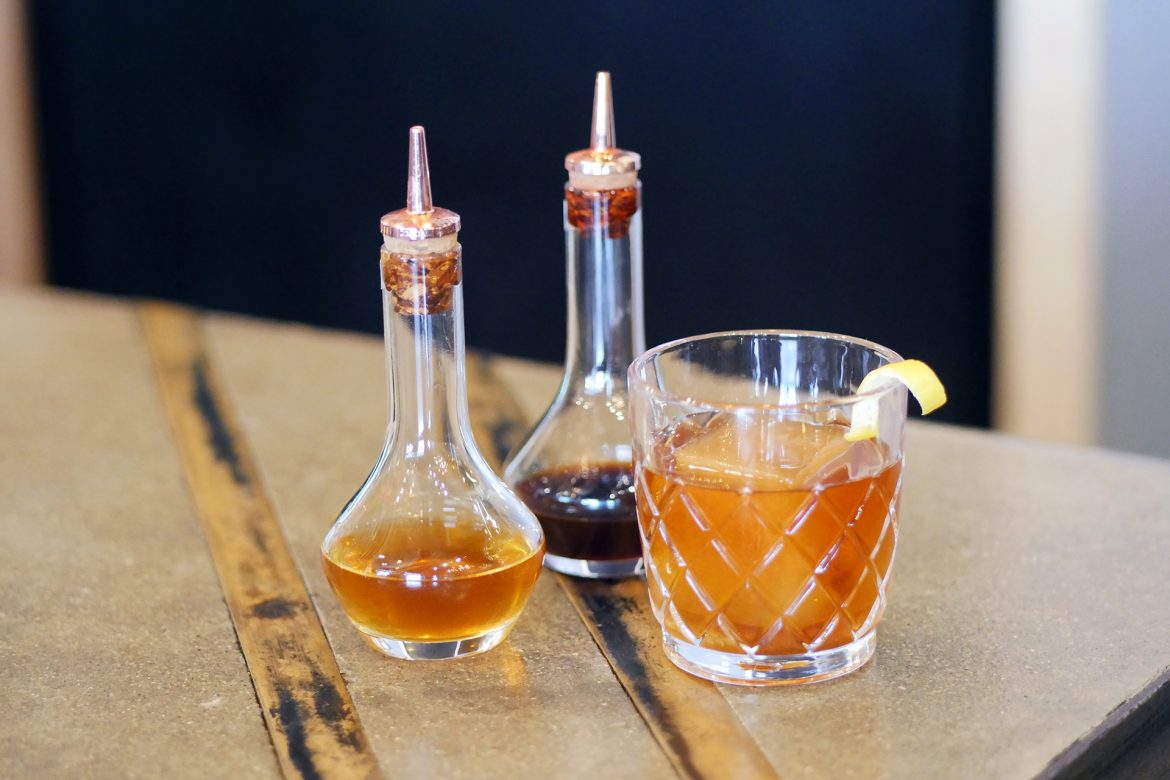
As Cox stresses, all these offerings are mere tools to build Communion’s real products: community and experiences. With their all-day approach to service, Communion is able to provide a litany of events for patrons, many of which don’t often find their way this far north of downtown. Be they scotch pairings, coffee cocktails, pop-up dinners with guest chefs, or latte art throwdowns, community engagement is at the heart of what Cox, McAdams, and Kahle are trying to do with Richardson’s newest all-day hangout. And it’s working. After several months, Communion Cafe is busy from AM to PM, bustling with locals, many of whom have perfected the seamless transition from coffee to cocktail all from the comfort of the same booth.
With each passing day, that dichotomy between urban and suburban life is proving to be more and more false. As “the big city” becomes prohibitively expensive, folks are looking elsewhere to start their own endeavors, often combining efforts to create a single, multi-use space. And nowhere are the rewards of this reaped more than in the outlying areas. With places like Communion finding homes outside the city center, the suburbs—contrary to decades of thinking otherwise—do not suck.
Zac Cadwalader is the news editor at Sprudge Media Network and a staff writer based in Dallas. Read more Zac Cadwalader on Sprudge.






